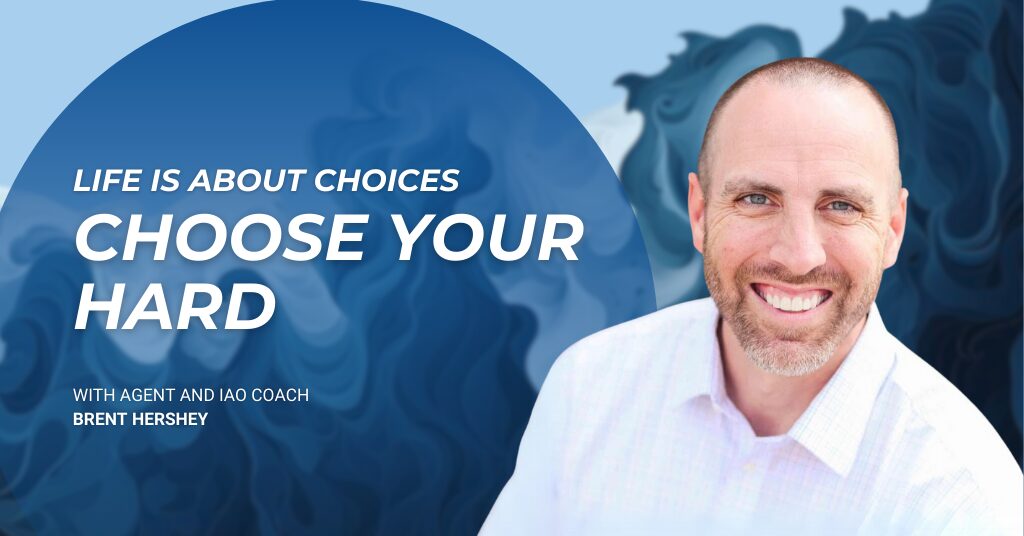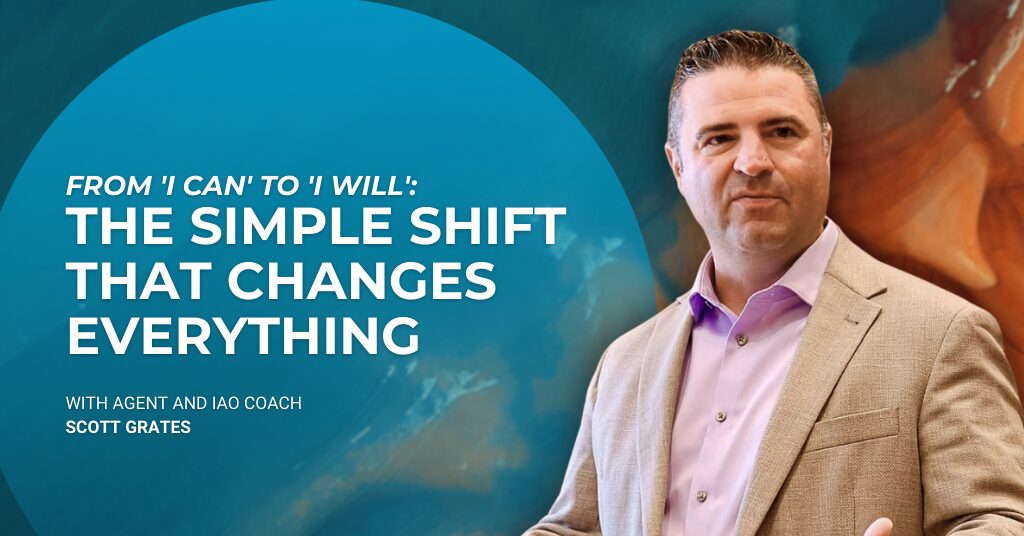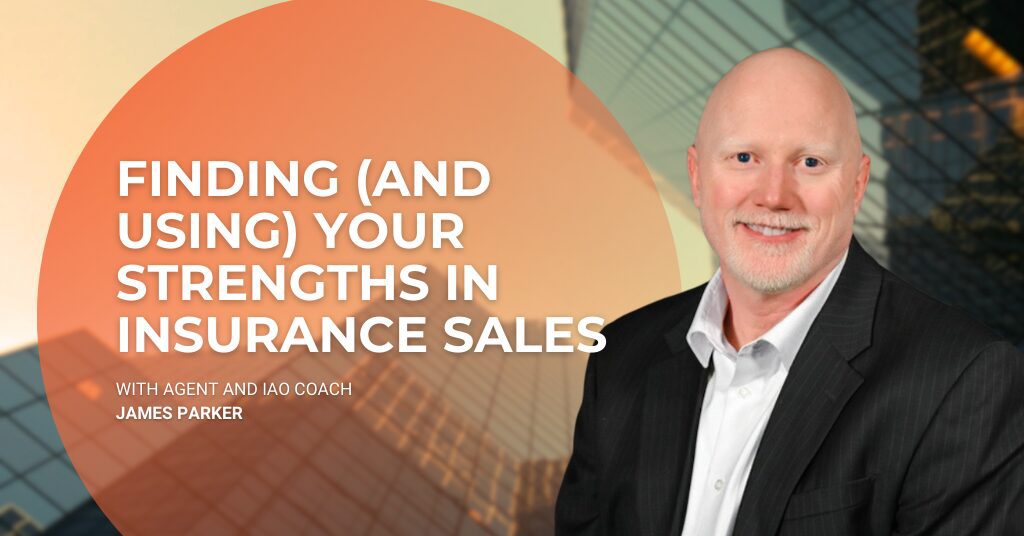
Most people don’t really like Insurance Agents. (gasp!)
It’s true; most people don’t like dealing with insurance.
It’s natural. Our human brain doesn’t like to deal with things it doesn’t understand. It’s designed to run efficiently. It only has so many calories to burn every day, and so it’s very cautious about how it chooses to burn those calories and exert that energy.
When we have to think too hard about things, or we have to think about things that don’t excite us, don’t make us pleased emotionally, the brain says ‘not really interested.’ It checks out and moves on to something more exciting.
That leads us to say this: stop trying to be the hero of the story.
Stop trying to be a hero for customers and prospects.
They need to be the hero of their story. And you need to be the guide. The person who helps get them where they want to be.
Deep down, they want to be there. Everyone wants to be adequately protected, have peace of mind, and know they’re doing the right thing. And we all know that bad things happen to good people every day. If something bad happens to them, they want to be prepared. They want to have somebody [aka, their insurance company] come in and make them whole again, indemnify them, give them the cash they need to stay where they are, and rebuild from there.
Yes, we understand this. But still, it can be challenging for us to process. We know how insurance works and why we should have these conversations.
The challenge to you today is to look at how you’re positioning yourself.
Are you positioning yourself as the hero of the story? As in: you’re the insurance agent, the professional, here to save the day and protect them.
Well, remember, people don’t like to deal with insurance agents. So don’t position yourself that way.
We suggest a different approach.
Instead… position yourself as the friend, the trusted advisor, the person in their corner that when things are scary and confusing, they know they’ve got the exact person they can turn to during those moments of need.
Too often, we try to project our knowledge and push the agenda around being the professional who knows what’s best. We tell the customer what they should do.
Telling is not selling. Nobody wants to be told what to do. You don’t want to be told what to do. So stop telling people what to do.
I bet you’re thinking, ‘but, we’re advisors, we have to give advice, and that includes telling them our thoughts about what we think they should do.’
And yes, you’re right. But that conversation comes later.
We call this approach the Comparison Statement.
Write one and use it, or use the one we’re sharing here (it’s what we’re here for!). This is how I frame Comparison Statement conversations to customers and prospects (fair warning, it’s not short, but it’s all about storytelling, and this script does just that):
Comparison Statement script
“Tom, you already insure everything in your life, whether you realize it or not. And the way you do it is one of two ways at its core.
You pay an insurance company small monthly premiums and, if the unexpected pops up and you need to collect on that policy, the insurance company takes care of a large sum financially to get you back on your feet.
If you choose not to insure through an insurance company, you self-insure. You don’t pay any monthly or annual payments to an insurance company. You save all those premium dollars but, when something pops up unexpectedly and needs to be taken care of financially to make you whole again, you have to write that check.
Now, it’s not my job to tell you what is right and wrong for you. As someone who has seen it all in this industry and community, it’s simply my job to share some risks when it comes to claims.
And then ask you: if you ever found yourself in each of those situations, how would you want me to deliver as your insurance agent?
As your trusted advisor?
See, that is how we determine total protection for you: customized planning. Because no two plans are the same. What’s suitable for my neighbor, brother, and Aunt Sally, may not be ideal for me. I have my unique circumstances, and you have your particular circumstances.
The story is all about you. I’m just here to explain what different risks look like.
And then you tell me how you’d want me to handle it should that circumstance arise. Does that sound fair to you?
So as you see, this is a very different type of conversation. It’s a paradigm shift. Instead of us saying, “Hey, if this ever happened, you’re going to need this, and I would advise you to do this, and as a homeowner, and as someone who makes that much money, you should have this, and you should….”
The customer is quickly done with that conversation.
They’re thinking they’re not going to get sick. They’re not going to die. They’re not going to get in a car accident. Nothing bad is going to happen to their home.
The Comparison Statement approach paints a picture of what has happened to other people — get that picture in their head — and shift it to that scenario ever happening to them. We then ask,
“How would you want me to deliver on the promise that you’re purchasing from me? Insurance through the insurance company or self-insurance? The choice is yours.”
You are there to guide them through that conversation. They are the hero of the conversation. They are going to make that decision on their own.
You’re going to guide them, you’re going to influence them along the way, but you’re not going to tell them what to do.




